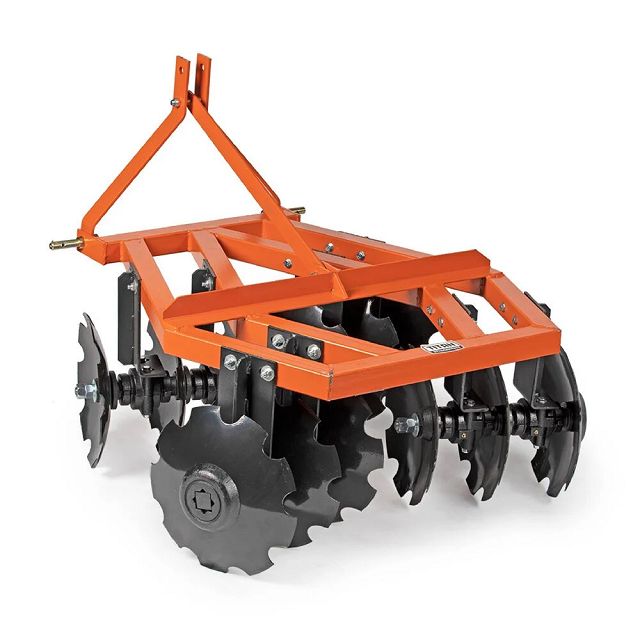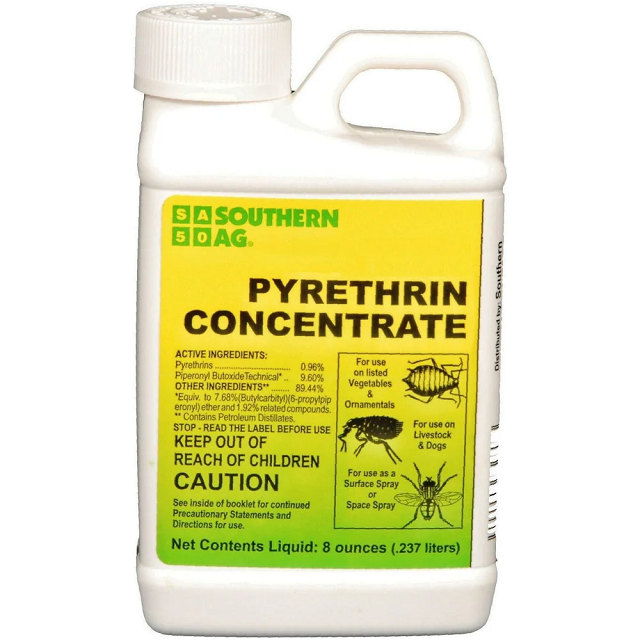
An electrical incubator serves as a crucial piece of laboratory equipment, providing controlled conditions for the growth of microorganisms. Let’s delve into its components and functions:
Cabinet: The main body of the incubator, typically double-walled with insulation in between. The outer wall is stainless steel, while the inner wall is aluminum. The insulation minimizes heat loss and ensures efficient operation. Inside the cabinet, there are perforated shelves to hold culture plates.
Door: Equipped with its own insulation, the door seals the cabinet. It features a glass window for observing the interior without disturbing the environment.
Control Panel: Located on the outer wall, the control panel houses switches and indicators. It allows users to adjust parameters and control the thermostat.
Thermostat: Sets and maintains the desired temperature. Once the target temperature is reached, the thermostat keeps the incubator stable.
Perforated Shelves: These shelves support culture plates and allow hot air circulation throughout the incubator.
Asbestos Door Gasket: Creates an almost airtight seal between the door and the cabinet, preventing external air from entering.
L-shaped Thermometer: Monitors the internal temperature.
HEPA Filters: Ensure clean air circulation by trapping particles.
Humidity and Gas Control: Some incubators allow control over humidity and gas composition.
Principle/Working of Incubator:
Types of Incubators:
Uses of Incubators:
No review given yet!
 Free shipping on all orders over UGX 1 Millon
Free shipping on all orders over UGX 1 Millon
 Safe & Secure Online Payment Solutions or cash on Delivery
Safe & Secure Online Payment Solutions or cash on Delivery
 7 Days Return Policy
7 Days Return Policy
 Authentic Products with MONEY BACK GUARANTEE 100% money back guarantee
Authentic Products with MONEY BACK GUARANTEE 100% money back guarantee




